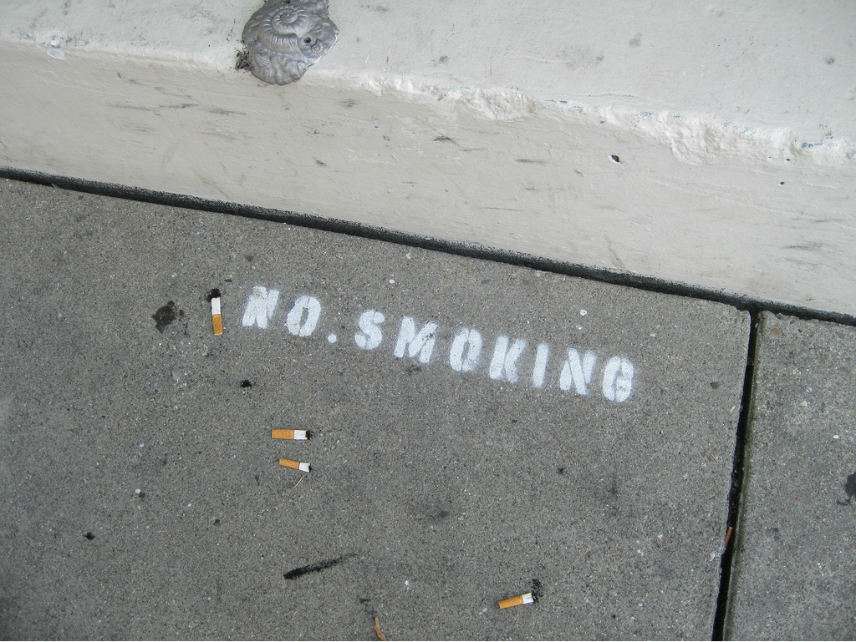Don't Buy the Hype About an Increased Smoking Age
Politicians are using speculative public health studies to restrict individual liberty.

When New Jersey Gov. Chris Christie signed a bill increasing the smoking age from 19 to 21 last week, he said that the higher age would give young people a "better understanding of how dangerous smoking can be" and that the fewer smokers there are, "the less strain there will be on our health care system."
These claims are ubiquitous among anti-smoking activists, who have gotten some 250 localities and now four states to increase their smoking ages to 21 on the promise that it will slash smoking rates among high schoolers and others under 18. But closer scrutiny suggests that these promises are speculative at best—and that the immediate fiscal consequences of the change will put more strain, not less, on budgets.
"Increasing tobacco age to 21 decreases high school use by about half," says Rob Crane, president of Tobacco 21. As evidence, he cites the example of Needham, Massachusetts, the first city in America to raise its smoking age to 21. The percentage of high schoolers there who reported using tobacco subsequently fell from 35 percent in 2006 to 17 percent in 2014.
Crane's conclusion is undercut by a 2015 Institute of Medicine study (found on Tobacco 21's own website). "Although Needham…has been cited as having seen significant declines in tobacco use and tobacco-related disease, there are no published data on these outcomes," the paper notes. The paper explains that no baseline data exists for Needham prior to its raising the smoking age, and that other factors could have been responsible for the decline.
Indeed, teen smoking has fallen across the United States independently of whether jurisdictions raise their smoking age. In 2005—just as Needham was getting its ban up and running—some 50 percent of American high school seniors had reportedly tried tobacco. By 2015 that figure had fallen to 31 percent according to the University of Michigan's Monitoring the Future study.
The number who have smoked in the last 30 days is down even more, from 23 percent to 11.4 percent, the lowest the rate has ever been in the University of Michigan's data.
Proponents of a higher smoking age—from the American Cancer Society to Vox—fall back on that Institute of Medicine study's conclusion that raising the legal age to 21 will reduce smoking for those aged 15 to 17 by 25 percent.
Yet that number is not based on empirical data of smoking age increases. Little of that exists, given how recent most of these laws are. Instead it relies on complex logic models that try to predict the ability of teenagers to get cigarettes from retailers and older friends and family in a world with a nationwide smoking age of 21, and then tries to extrapolate the rates of smoking and smoking related diseases from those models out to the year 2100.
You don't have to be a hardcore Austrian economist to doubt the efficacy of this approach. Nor do you have to be a doctrinaire libertarian to question the idea of criminalizing the habits of 20-year-old smokers in the hopes of stopping 16-year-olds from doing something that is already illegal.
We do have some pretty good forecasts on one effect the bill is likely to have. Legislative analysis of New Jersey's "raise the age" bill estimates that it will cost the state between $4.5 to $12.5 million this fiscal year in foregone tax revenue. That matches the experience of Oregon and Maine, both of which also passed smoking age increases this year. Maine will lose $4 million a year. Oregon will lose nearly $2 million a year by 2019, with most of that money coming out of public health budgets.
Smoking is risky, but it is victimless and consensual. Individuals are in the best position to determine if that risky behavior is worth it to them. Governments, activists, and speculative public health studies are not.
